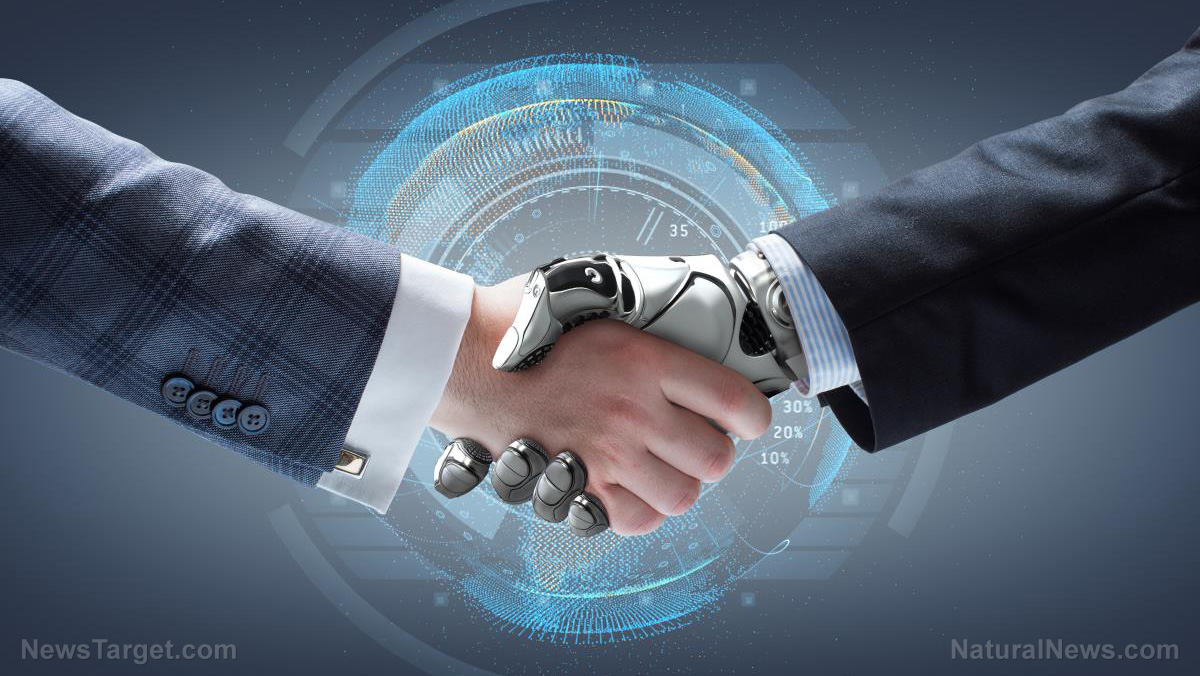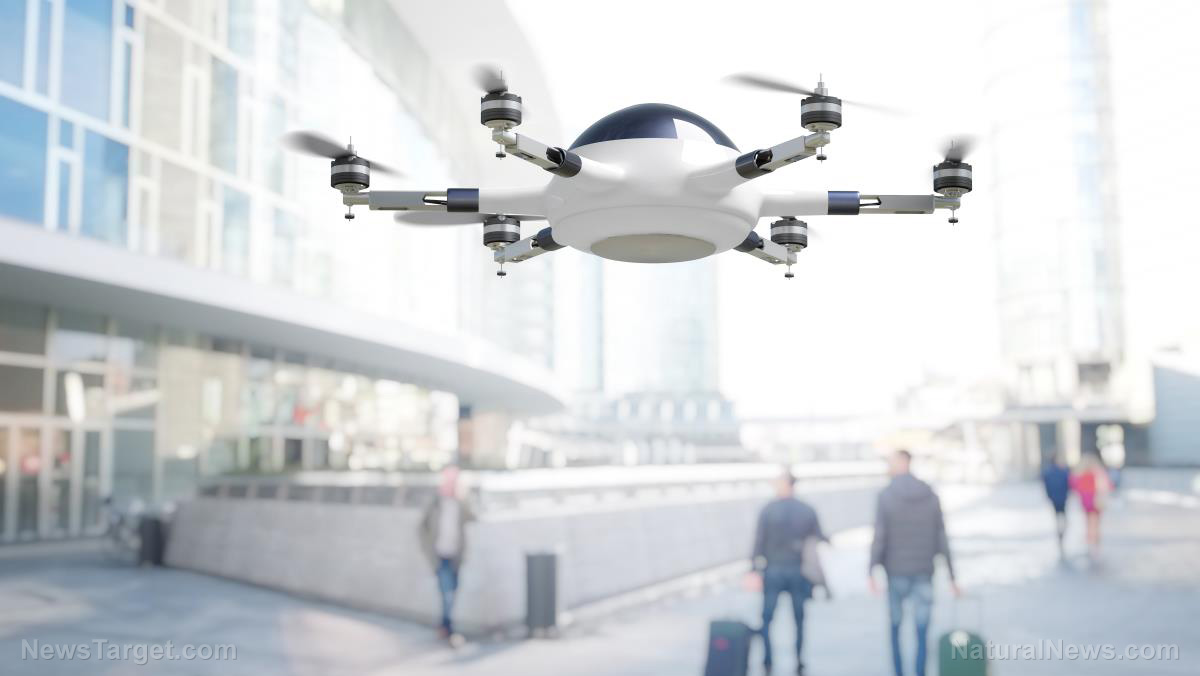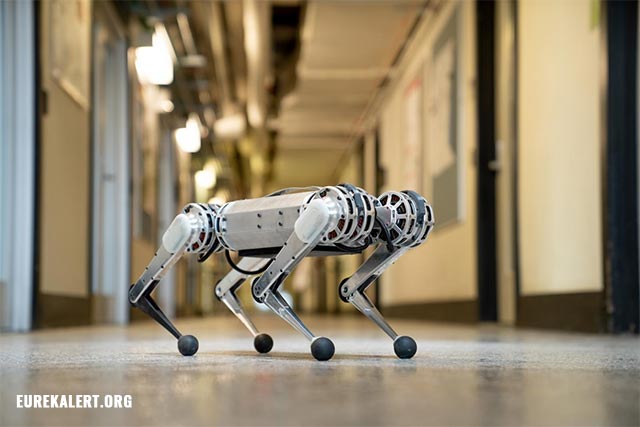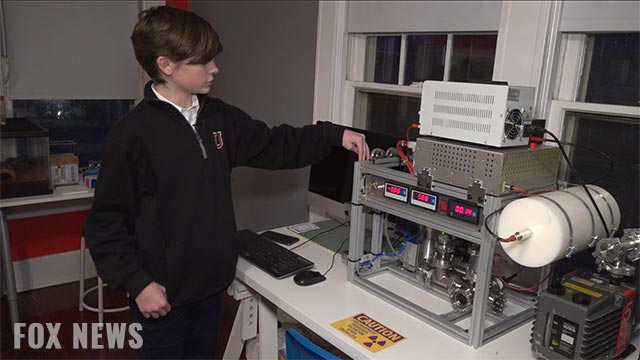Being defeated by A.I. makes people feel “horrible,” reveals study
09/05/2019 / By Ralph Flores
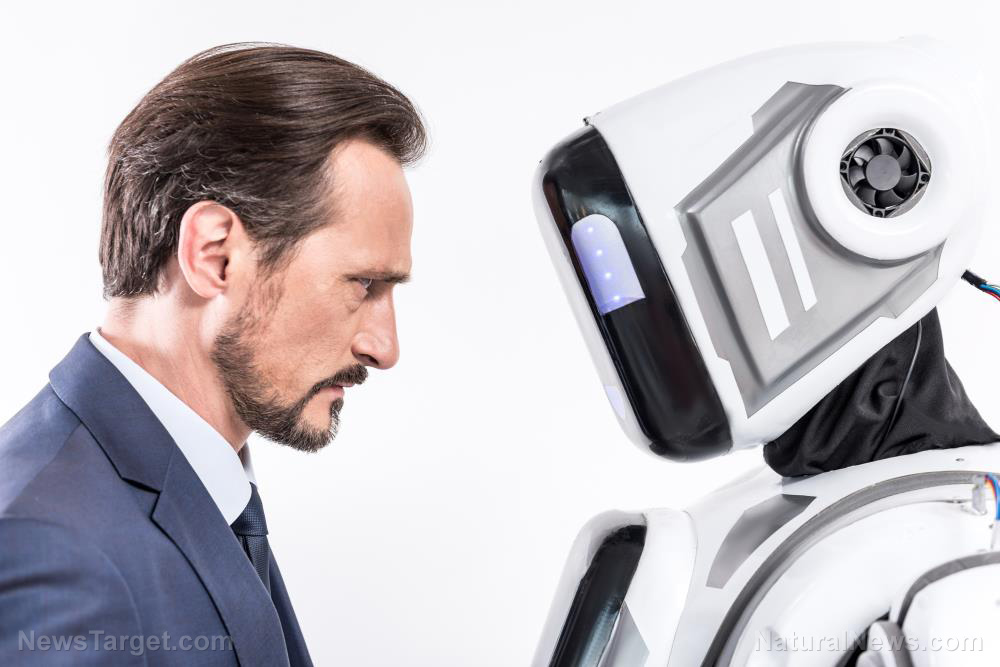
“Nobody likes a sore loser,” is a phrase you hear a lot in sports. For the most part, it is true: Teaching the value of good sportsmanship instills respect and self-control, especially in children, where these two traits extend to parts of their life outside sports.
But if you’re playing against a robot – and you’re left eating A.I. dust – will that phrase still apply?
That’s what hapless participants asked themselves in a recent study led by an international team from Cornell University in Ithaca, New York and The Hebrew University of Jerusalem. Their findings, which the researchers presented in a recent conference on robot-human interaction, revealed that people felt discouraged after losing to a robot. They also found that a person’s perception of how good he is (self-competence) is adversely affected by a robot’s performance.
“It was extremely nerve-wracking”
For the study, the researchers enrolled over 60 students, advertising the experiment as one that involves “making decisions in the presence of a robotic arm.” The participants were then presented with a letter-counting task for them to complete: In a randomly generated string of 20 characters, they have to count how many “G” letters are present in the text – which can either be three, four or five letters. They then had to drag a block on a computer screen and place them in a box that corresponds to their answer. If the participant gets it right, he is awarded a point and moves on to the next string; if his answer is incorrect, his screen is frozen for 10 seconds, after which he drags the block again.
It may look simple, if not for the competitor robot across the table. If a participant is able to earn more points than the robot within a two-minute span, he has the chance to win a cash prize. The robot’s projected final score at the end of each round is given; this indicates the frequency of the robot completing the task correctly. The researchers tweaked the robot’s performance and the amount of money to see how these factors affected each participant’s motivation.
The researchers expected that the participants will exhibit one of the following traits, as they compete.
- His effort will increase with the prize value. This outcome operates under the economic assumption of increasing happiness with money – a concept referred to as the marginal utility of money.
- His effort will decrease as the robot’s performance increases. The inverse relationship between human effort and robot performance is an outcome seen in previous studies. This concept — referred to by economists as expectations-based reference-dependent (EBRD) loss aversion — dictates that a human weighs his chances of losing when faced with a certain risk.
- His discouragement will increase with the prize value. The researchers defined this to be a special case – and one that stems directly from the previous factors.
In addition, the researchers explored how participants will react when asked about their competence after competing with the robot.
It turns out, people get really discouraged when they get trounced by a robot.
“I felt very stressed competing with the robot,” one participant was quoted in the report. “In some rounds, I kept seeing the robot’s score increasing out of the corner of my eye, which was extremely nerve-[wracking].”
“It was obvious when the robot was ’going easy’ on me,” another one said.
The findings echo a similar sentiment. The prize money did little to boost the participants’ motivation; rather, they felt more discouraged when it grew, and they were beaten by a superior A.I. They also found that the robot’s performance negatively affected the participants’ perception of their ability to do the task.
“This may suggest that people assess their ability to perform a task relative to that of their competitor, even if it is a robot,” they wrote in their report. “This effect is present across rounds within subjects, in spite of the task itself never changing, with the only difference between rounds being the robot speed.”
While the participants recognized a high-performing robot to be competent, they liked the low-performing competitor robot better.
The findings, the team posited, could provide an insight into how people will potentially view robots in the workplace, particularly in settings where they have to work together or directly compete against each other.
Far-reaching consequences
The idea of A.I.-powered robots beating us might look like something out of a game — after all, A.I. already has chess, Go, and even Starcraft II under its belt.
But according to the findings released by Washington think tank Brookings Institution, over 35 million Americans have jobs that have “high exposure” to automation. This means that all but a quarter of U.S. jobs will be severely disrupted by A.I. in the next two decades. For lead author Mark Muro, a senior fellow at Brookings, the effect can happen anywhere between a few years to the next decade.
This could change, however, once an economic downturn sets in, given businesses are eager to choose automation over laborers. Young workers, in particular, are at most risk. According to the report, automation will disproportionately affect those in the food service, industrial and manufacturing industries. (Related: Robot automation can fill grocery orders in minutes, dramatically reducing reliance on human workers.)
If that’s the scenario, it looks like we can be sore. We’re losing, after all.
Robots.news isn’t all about robots. It’s also filled with stories on how to survive this job-killing trend.
Sources include:
Tagged Under: AI, artificial intelligence, badtech, competence, games, machine learning, performance, robot economy, robot jobs, robot takeover, robotics, robots, science and technology
RECENT NEWS & ARTICLES
COPYRIGHT © 2017 FUTURE SCIENCE NEWS









